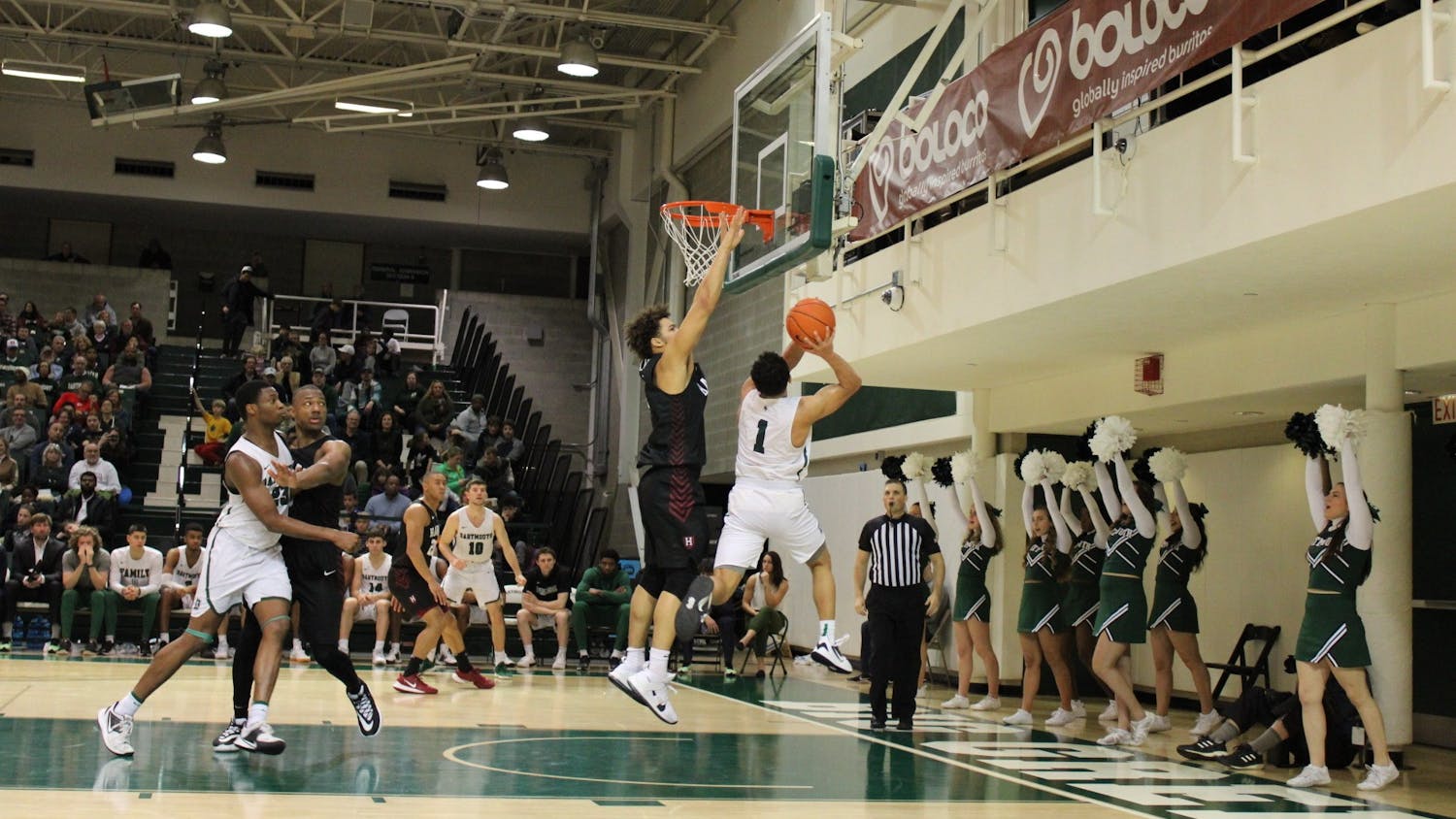In my first installation of this column, published in late March, I wrote that I had a bad feeling that when baseball returns, the sport will be in trouble.
I’m happy to report that I was correct.
The MLB owners recently approved a proposal to start the baseball season in early July, with an 82-game season and an extended playoff. Teams will play in their home parks and against opponents of the same division from both leagues. No fans at the ballparks, but the games will be televised.
I think most baseball fans were cheered up by this news — a return of live baseball would be a much-needed distraction and source of entertainment. There’s nothing like the national pastime to bring the country together and give New York and Boston fans a legitimate reason to despise each other.
You might also think that the players would be encouraged by this, too. They’ve been sitting around doing nothing since spring training was cut off in March. Baseball is what these guys do best (and what they do for a living), so I would imagine that they are chomping at the bit to get back on the field.
But there’s a catch. (No, not that kind.) A significant part of the MLB owners’ proposal is that the players will forgo their salaries and split the revenue 50-50 with the owners. The proposal has to be approved by the player’s union, and apparently, they do not like it.
According to a report in The Athletic earlier this week, union officials have described the revenue-sharing plan as a “non-starter.” In a particularly illustrative quote, union executive director Tony Clark said that “the league is trying to take advantage of a global health crisis.”
Here we go again, I thought to myself when I read that quote. Not because baseball has faced a challenge quite like this one, but because the greed of the players (and the owners, frankly) has been a recurring theme throughout baseball history.
Think for a minute about what Clark’s quote means. He’s essentially saying that asking the players to share revenue with the owners in the midst of a national crisis that has destroyed the economy and left millions unemployed implies that the owners are trying to somehow capitalize on circumstances.
Here’s what I want to know: How does one, exactly, take advantage of a global health crisis?
Normally, I wouldn’t be one to side with the owners, but I’m not sure they have another choice. They’ve taken a huge hit because of the delayed season — much bigger than the players have — and they have to consider the long-term financial stability of their organizations. It’s not unheard of for professional sports teams to have financial difficulties even in normal circumstances.
Starting up the season in July, albeit in the limited fashion proposed, would at least help the teams stay afloat. And it would allow them to support other employees on the payroll, including grounds crew and front office staff. Not to mention the fact that having the games on TV would bring great joy to fans around the country — and there’s no question that ratings would be out the roof.
Which is why I was befuddled when I saw that mega-agent Scott Boras urged the players to oppose the agreement since it could result in a pay cut. In a statement to Sports Illustrated, Boras wrote that “[t]he players I represent are unified in that they reached an agreement and they sacrificed anywhere from 30 to 40 percent of their salaries so that the games could amicably continue.”
So let me get this straight. Millions of people are out of work, but losing 40 percent of income for a job that on average pays $4 million a year is a sacrifice?
It seems to me that Boras and the players’ association are the ones taking advantage of a global health crisis by continuing to push their agenda of absolutely no salary cuts, whatsoever.
That’s why I think baseball is in trouble. The “non-starter” for the players’ union isn’t that playing baseball during a global pandemic could put the health of the players and their families at risk — which would be a legitimate concern.
No, this is about money, plain and simple. The players are extraordinarily privileged to make a lot of money playing the sport they love, yet they act like children hoarding the Halloween stash when it comes to their salaries. Earning $2 million instead of $4 million in the middle of an economic depression? My goodness, what a sacrifice!
What are the fans supposed to make of this? They just want to enjoy the game, but it’s hard to do so when they have to watch millionaires fight with billionaires over who can have a bigger piece of the pie. When that happened back in the strike of 1994-95, the fans were so mad that attendance fell sharply when play resumed. Given that the last two seasons have seen low attendance, that’s a bad omen.
Of course, no matter the outcome of the negotiations, if the season does start I’ll tune in to watch my Cardinals. It won’t be quite the same without fans at the game, but at least it’ll be something. I hope the players see it that way, too.



